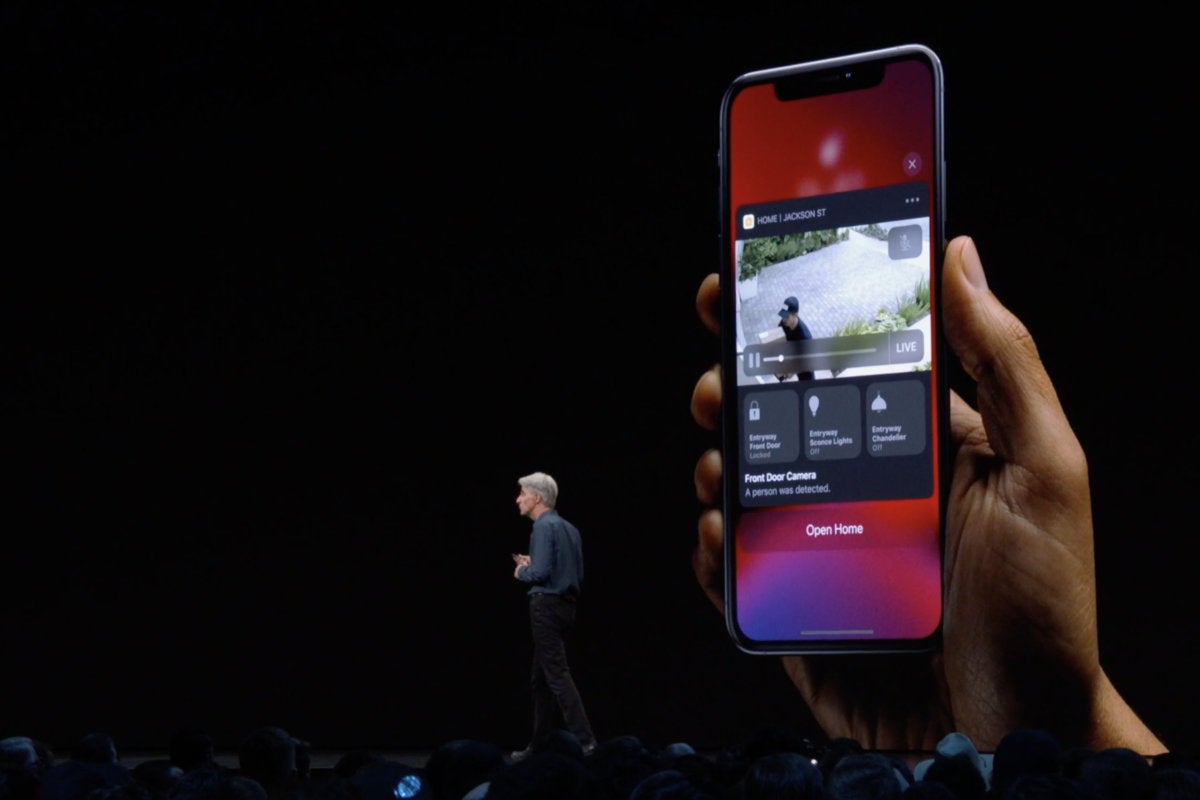Apple confirms HomeKit-secured CCTV and router systems

Credit to Author: Jonny Evans| Date: Wed, 27 Nov 2019 06:14:00 -0800
Apple has at last confirmed which routers and smart home security systems will support the HomeKit Secure Video and HomeKit-enabled routers systems it introduced in iOS 13.
HomeKit Secure Video and HomeKit-enabled routers patch two of the bigger gaps in smart home security coverage: they give users strong control over who can access video captured in your home and also provide a welcome additional barrier against hackers and others attempting to break into home networks via the router.
There have been multiple instances in which smart home devices have been poorly protected, and routers are one of the prime targets for hackers.
Apple is attempting to secure these potential vulnerabilities in such a way as users don’t need to get a degree in network administration in order to protect their smart homes.
We’ve been waiting for Apple to reveal which devices support both solutions ever since they were announced as part of the company’s WWDC iOS 13 announcements in June.
The video solution ties online video archives to your iCloud address, making it impossible to access those clips unless authorized by your Apple ID; while the router solution acts as an additional firewall to mask devices on your HomeKit network.
Apple has confirmed that the first three HomeKit-enabled routers will come from Eero and Linksys.
These are encrypted systems that add an Apple firewall between smart home accessories and your network.
“We are proud of our long-standing relationship with Apple and are thrilled to be adding HomeKit-compatibility to Linksys Intelligent Mesh routers. We share a commitment to delivering technologies that protect user privacy and that is at the core of the Linksys Intelligent Mesh Technology.”
Smart home security systems usually store video data in the cloud, but HomeKit Secure Video security systems store that video data in the iCloud.
You can’t access the video unless using a device logged into the same Apple ID, but because of use of security tokens the process of using the system is seamless – the system recognizes your device and lets you access your data through it.
The problem this solves is that video stored in the cloud can be hacked, intercepted or (in some cases) sold.
By wrapping the clips up with system-level encryption and linking it to your iCloud identity, Apple makes the video unusable by anyone other than you – even the security device manufacturer is unable to access this.
Apple’s website now confirms the following systems will support HomeKit Secure Video:
The Robin ProLine Doorbell also offers support for HomeKit Secure Video.
Apple’s decision to make smart home security safer on a platform level should pay big benefits to every user.
Both domestic and enterprise users will benefit from these security enhancements, particularly as mesh routers (such as those from Linksys) scale up for larger deployments.
The sad truth is that even the biggest manufacturers have made huge errors when it comes to ensuring their products are secure by design.
One way to protect against such problems is to ensure the networks smart devices live on don’t support dodgy data sharing or communications with unknown servers, and that any personal data that is shared is secured at a platform level.
That Apple is attempting to address these complex challenges with solutions that deliver high degrees of security in ways that are usable by consumers who don’t want to learn about the tech is to be welcomed.
After all, most people don’t want to worry about the right way to configure a firewall, or assign a new password to a router – even if they should. This is why the most popular passcodes in the world still seem to be 1,2,3,4, after all.
Please follow me on Twitter, or join me in the AppleHolic’s bar & grill and Apple Discussions groups on MeWe.